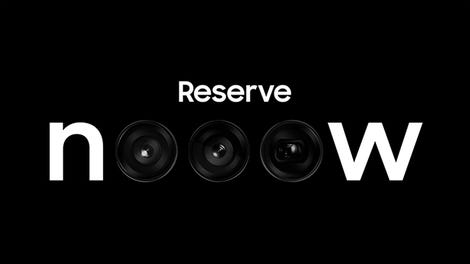Cancelled D&D Beyond Subscriptions Forced Hasbro’s Hand

Dungeons & Dragons publisher Wizards of the Coast finally broke its silence regarding the game’s Open Game License on Friday, attempting to calm tensions in the D&D community and answer questions that were raised after Gizmodo broke the news about the contents of a draft of the document last week.
In a message titled An Update on the Open Game License (OGL), posted on the web site for D&D Beyond, Wizards of the Coast’s official digital toolset, the company addressed many of the concerns raised after the leak of the Open Gaming License 1.1 earlier in the week, and walked them back—fast. Notable changes include the elimination of royalty structures, and the promise to clarify ownership of copyright and intellectual property.
But it might be too little, too late.
Despite reassurances from the Hasbro subsidiary, Wizards of the Coast (WotC) may have already suffered the consequences of their week of silence. Multiple sources from inside WotC tell Gizmodo that the situation inside the castle is dire, and Hasbro’s concern is less about public image and more about the IP hoard the dragon sits on.
The bottom line seems to be: After a fan-led campaign to cancel D&D Beyond subscriptions went viral, it sent a message to WotC and Hasbro higher-ups. According to multiple sources, these immediate financial consequences were the main thing that forced them to respond. The decision to further delay the rollout of the new Open Gaming License and then adjust the messaging around the rollout occurred because of a “provable impact” on their bottom line.
According to those sources, in meetings and communication with employees, WotC management’s messaging has been that fans are “overreacting” to the leaked draft, and that in a few months, nobody will remember the uproar.
G/O Media may get a commission

Up to $100 credit
Samsung Reserve
Reserve the next gen Samsung device
All you need to do is sign up with your email and boom: credit for your preorder on a new Samsung device.
Licensees are pushing back
But despite any hopes that this all might blow over, well-known publishers who have previously used the OGL—some almost exclusively, such as Kobold Press, and MCDM— have already put out statements saying that they will either be moving away from all versions of the OGL, or explicitly offering up their own gaming licenses for their core games.
The “negative impact of implementing the new OGL might be a feature and not a bug for Wizards of the Coast,” said Charles Ryan, chief operating officer of Monte Cook Games. “A savvy third-party publisher might look at where 5e is in it life cycle,” he said, and if they were planning 5e products, reconsider their investment. Monte Cook Games released their own open, perpetual license for their acclaimed Cypher System last year.
Smaller indie presses have pulled together resources to help people make third-party content for small games. Rowan, Rook and Dekard, for example, released The Resistance Toolkit, a document meant to help ease designers off the 5th edition D&D rules and into writing third-party content for their acclaimed RPG Spire.
One third-party publisher told Gizmodo that…
Read More: Cancelled D&D Beyond Subscriptions Forced Hasbro’s Hand
